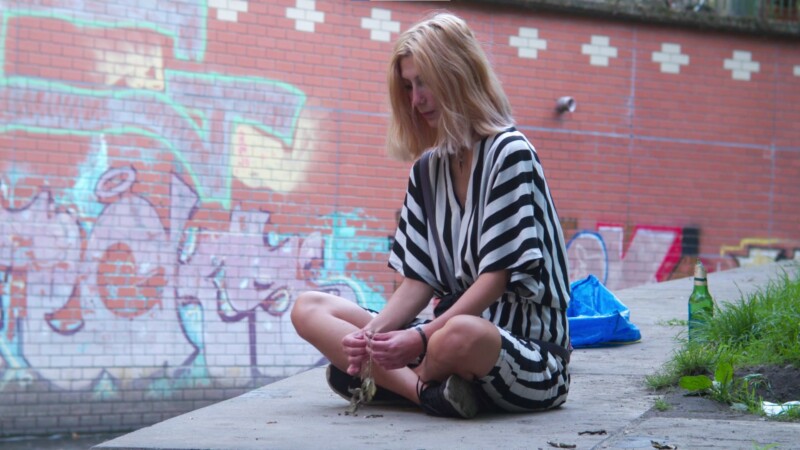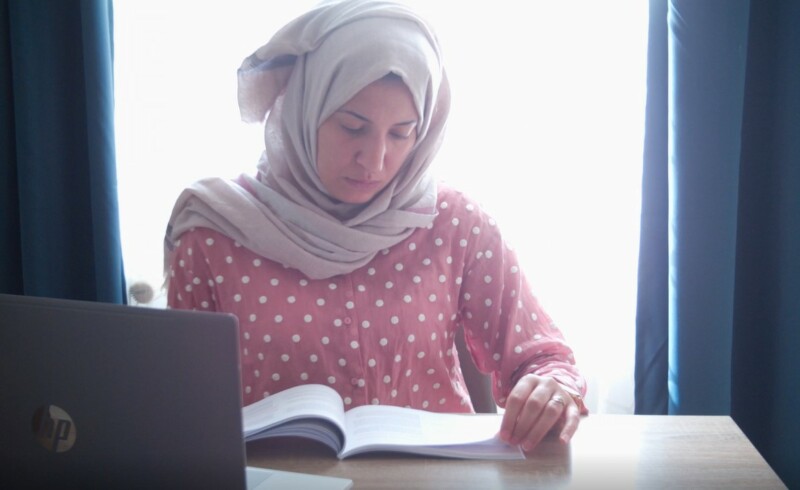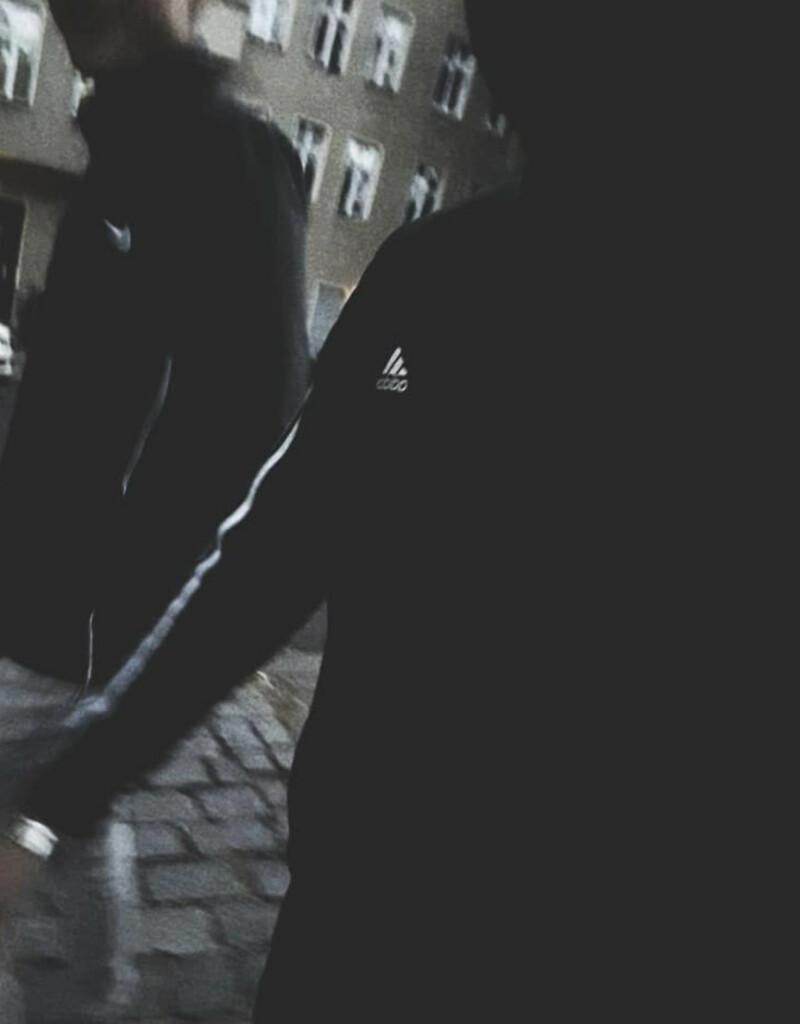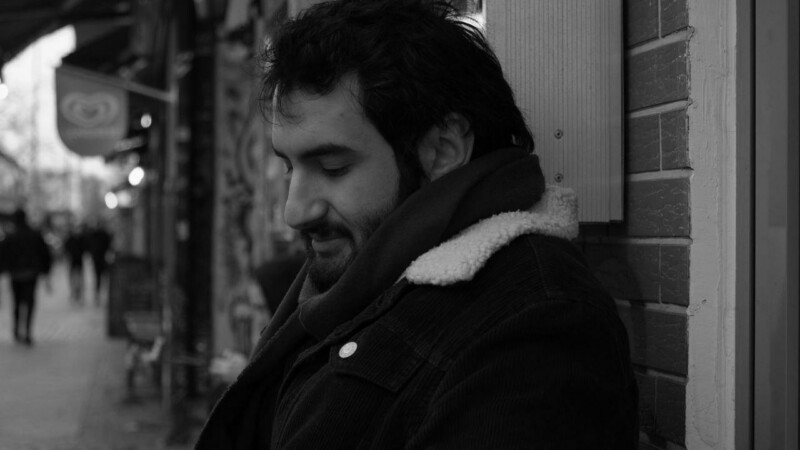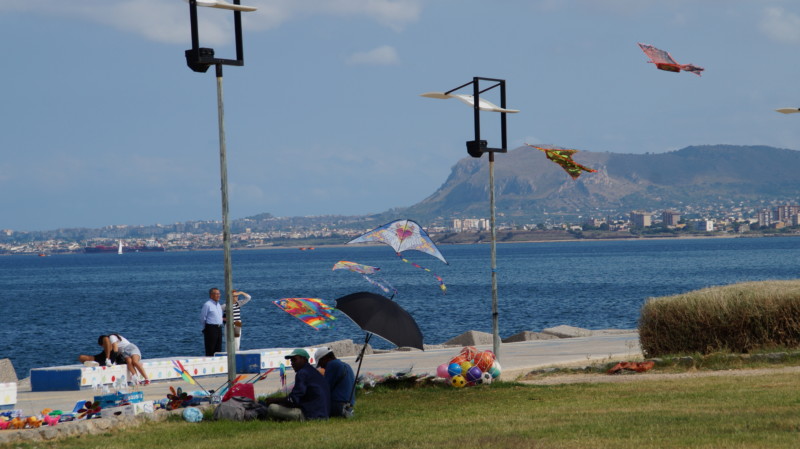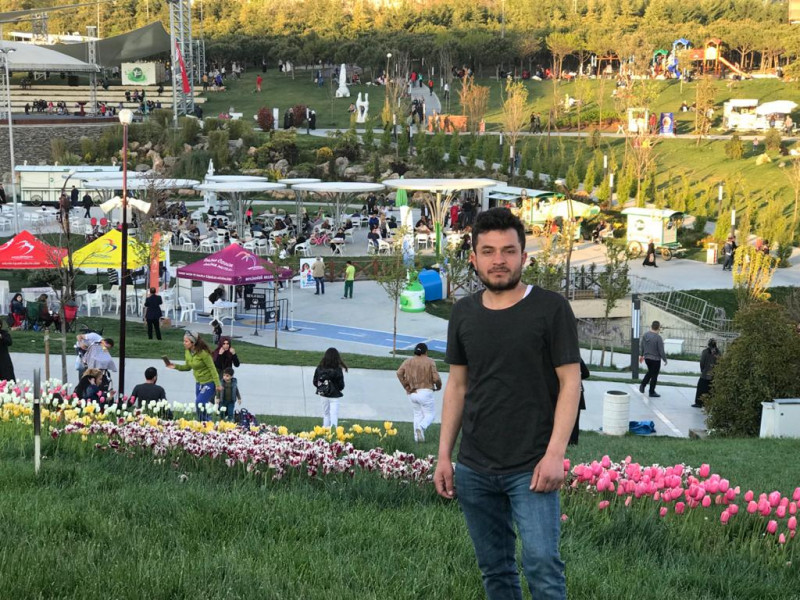I feel comfortable everywhere in Berlin. Where in Berlin doesn’t matter, as long as it’s in Berlin, not outside. I have also made a couple of friends here. I like the social atmosphere. Most people here are open, you can have a good conversation and have fun with them. And everyone can be who they are. It’s different from how it is in my home country, because there some things are uncomfortable for other people. Even if you like it, sometimes people don’t want to see that, like for example my hair, that would be unpleasant for my parents. Here you can do everything except forbidden things, otherwise you can just enjoy life. This is an important thing for me.
I have heard that there is such a thing as discrimination, but personally it hasn’t happened to me yet. I just minded my own business, went home after school, cooked food for myself and relaxed, stuck to the right friends. So I haven’t had any negative experiences.
So I’m satisfied so far. There are always things that a person lacks. But you don’t get everything for free, you have to do something for it. And I want to be more independent at some point and not be dependent on the support of others.
I am satisfied with the way Germany has received me. It’s not a matter of course that you come to a country where you don’t know anyone, and they give you something to eat and a place to sleep. That’s enough. It’s better than anything I’ve experienced before. The only problem is the insecure stay and the bureaucracy at the Federal Office for Migration and Refugees (BAMF): You get so many letters home, you don’t get anything like that at my home country. That’s a bit annoying sometimes. If I don’t look in the mailbox for a few days, it’s full right away. But when you’re somewhere else, you have to get used to these habits. And the supervisors help me with the letters. Before I became an adult, my guardian always received the letters directly. However, I did not see my guardian more than three times. Once he introduced himself, the second time we prepared the asylum application, and the third time we were at the BAMF for the asylum application, but after that he said, “So, now it’s over. It’s all about the law.”
I still have contact with my mother and my little sister sometimes. It wasn’t so easy for my mother that I left, so I try to check in with her regularly. She hasn’t been doing so well since I left. I was so small when I left home. Of course, there are some people I miss, and sometimes I feel homesick and worried about my mother.
Aliou B. left Guinea in 2014 at the age of 13 and experienced hunger, abuse and imprisonment during his flight via Mali, Burkina Faso, Niger and Libya. Almost by chance, he got on an rubber dinghy heading to Italy and witnessed many of the passengers drowning. After a stay in Italy, he finally arrived in Germany at the end of 2017, where he received special support as an unaccompanied minor. He is now of age, goes to school, lives in a shared apartment with other young refugees, and hopes to apprentice as a car mechanic after school.
In this interview segment, he describes Berlin as a city where he has found shelter and social support, nice people, and the opportunity to be who he is. He talks about his hope to eventually be independent of the support of others and his difficulties with German bureaucracy. Aliou also mentions what it is like for his family and him to be separated and often worried about each other for six years.
The interview with Aliou B. was conducted by We Refugees Archive in December 2020.
